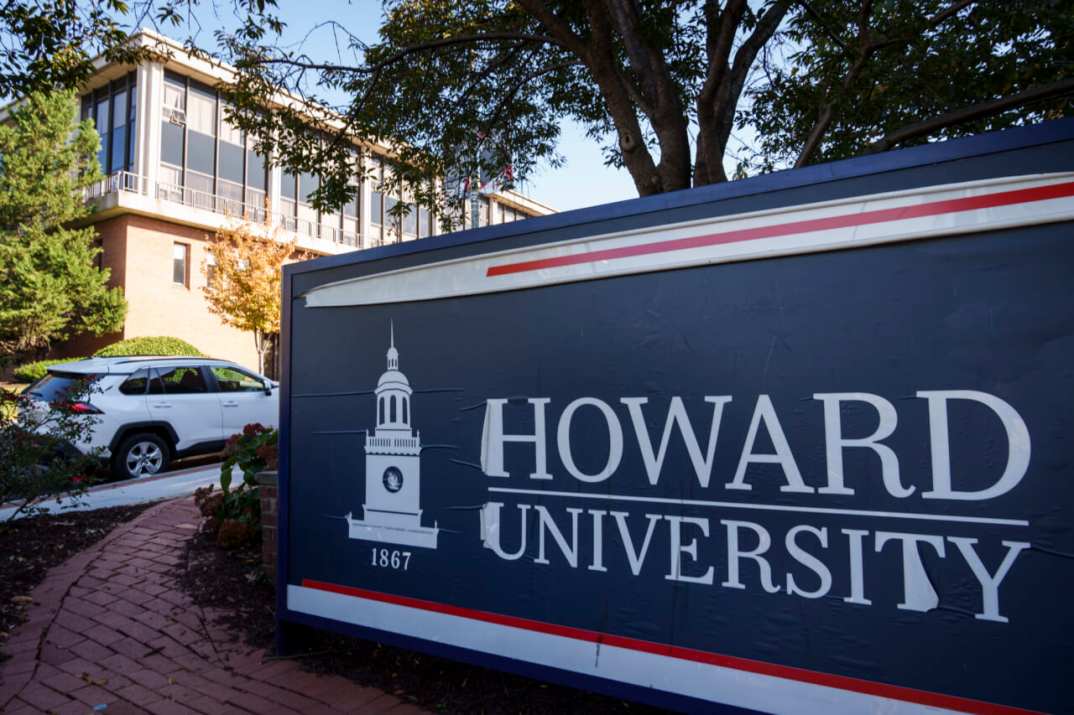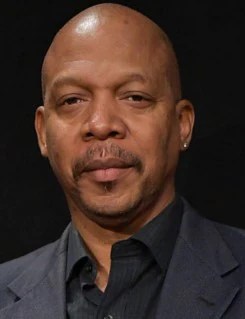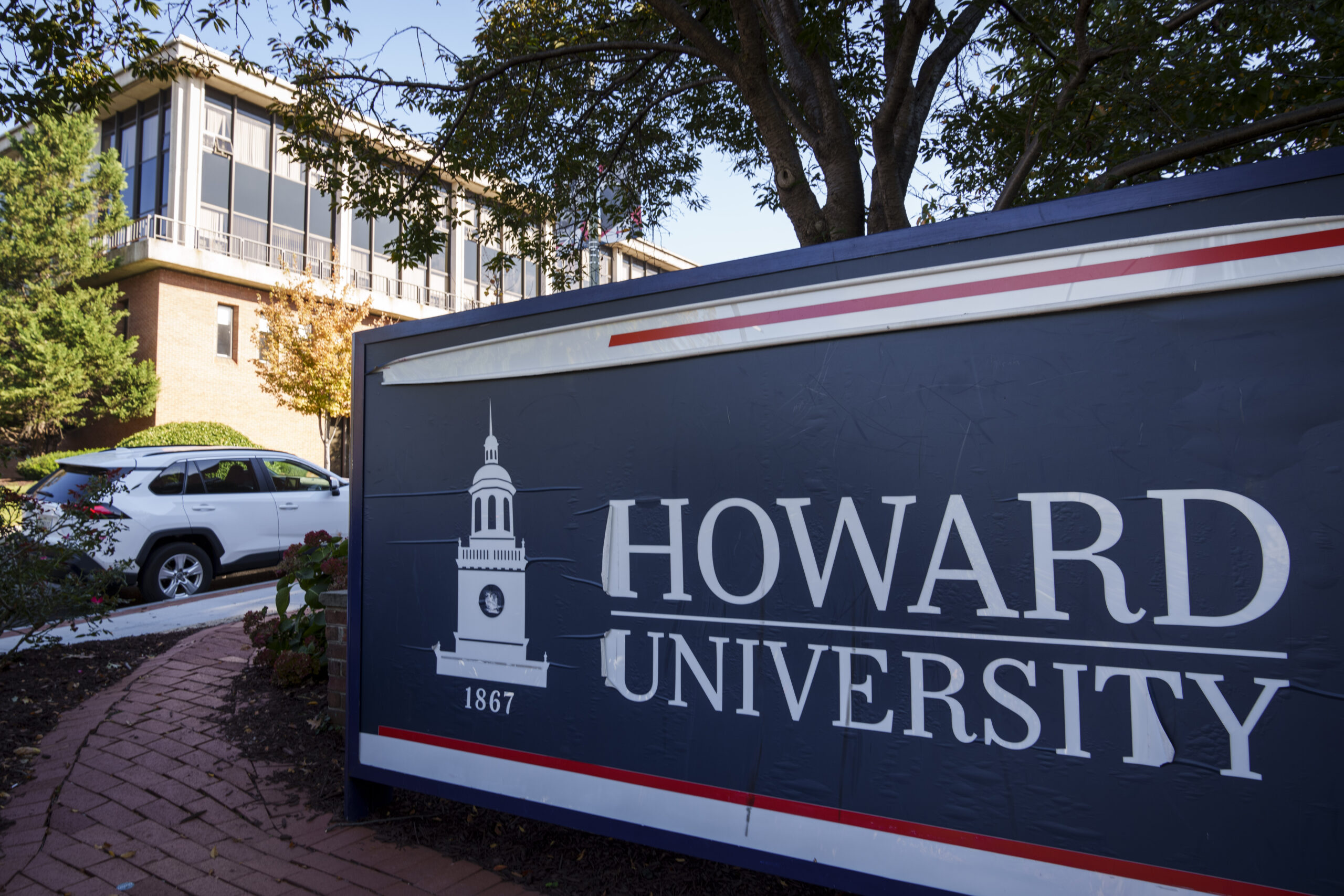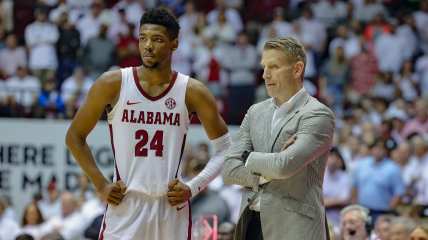Forever the underdog, HBCUs will represent the culture at this year’s March Madness
OPINION: Howard is making its first appearance at the Big Dance in 31 years, while Texas Southern is hoping to make the most of its third straight appearance.

As someone who hits the floor whenever the beat drops (though I really don’t need no music), the NCAA’s “Big Dance” has been a great party since my days at Howard. But the boogieing never included the men’s team, which last reached the NCAA tournament in 1992.
Is that drought over? You know!
That’s the main news from this vantage point as March Madness ramps up. Howard on Saturday prevented Norfolk State from threepeating as the Mid-Eastern Athletic Conference representative in the tourney. (Ironically, the women’s teams flipped the script Saturday night, with Norfolk State stopping Howard’s bid for a second consecutive NCAA trip).
The Bison likely won’t advance to the Sweet 16, when attention focuses on which PWI powerhouses survived or fell. There’s plenty of time to talk about top seeds Alabama, Houston, Kansas and Purdue, likely favored for deep runs on 90 percent of bracket contests nationwide. Someone will celebrate on April 3, as producers compile the “One Shining Moment” mixtape with Luther on vocals.
But following and caring about the tourney is different nowadays. Power-conference hoops don’t hit the same anymore and not simply because the talent was consistently higher a couple of generations ago.
Yes, today’s premier players usually leave as freshmen, saying hello and goodbye in the same season. The projected top two NBA picks this year are Victor Wembanyama and Scoop Henderson, who don’t even play college basketball. They’ve drawn zero interested viewers to Kentucky, Duke, or whatever factory they would’ve chosen.
But more than who still plays, the problem is who’s being played.
When you consider the anti-Black rhetoric coursing through the country — especially the attacks on history and voting rights in areas where college sports are big business — it’s difficult to be a pure fan. I have a better understanding of friends who no longer watch the NFL. At least that league is honest about its corporate greed, compared to the NCAA’s sham of amateurism.
The tournament’s talent drain isn’t new and neither is the plantation-based economic system. But the latter has grown more difficult to keep swallowing.
We know HBCUs and their conferences don’t view players as indistinguishable cogs within a lucrative assembly line. The “Big Dance” raked in around a billion dollars last year, enough to create multiple millionaires among coaches and administrators. Meanwhile, players get only what they negotiate in personal deals, nothing from the schools.
March Madness continues to be mass exploitation, played in front of our eyes, but it’s a hard habit to break.
Regardless of what happens at power-conference headquarters and PWI athletic departments, the on-court drama is compelling on a human level. So we keep our gaze on the athletes, rooting for our sons, nephews and cousins more than the institutions on their jerseys.
Making that distinction isn’t necessary when it comes to HBCUs. Black colleges get all the love with no hesitation.
Howard and Texas Southern, the Southwestern Athletic Conference entry to the Big Dance, will represent the culture beginning Wednesday. Most viewers won’t give the schools a second thought and know nothing about them coming in.
Conversely, we’re all HBCU all the time. Whether we’re college grads of any stripe, GED holders or high school dropouts, we have a natural connection to these institutions. A strong sense of shared identity exists because we’re in the same fight, battling the forces of idiotic white supremacy.
Texas Southern, making its third straight trip, has struck blows for the cause in the last two tournaments. The Tigers won “First Four” games against Texas A&M-Corpus Christie last year and Mount St. Mary’s in 2021.
As the MEAC rep in 2021, Norfolk State notched a first-round victory against Appalachian State. Such success is rare, as HBCUs are just 4-54 in those games since the tournament expanded in 1985. Deep down, we’re still giving Norfolk State high-fives for its 2012 shocker against No. 2 Missouri. The victory placed the Spartans among our hoops royalty, joining Hampton (2001), Coppin State (1997) and Southern (1993) as the only HBCUs to win men’s games in the round of 64.
I remember Howard’s only NCAA appearance, 31 years ago when the Bison were shellacked by No. 1 Kansas. We have the same daunting draw this year, a 16-seed facing No. 1 Kansas on Thursday.
If the final score is closer than last time (100-67), we’ll raise a glass for progress.
On Wednesday, Texas Southern faces Fairleigh Dickinson, looking for its third consecutive “First Four” victory. No. 1 Purdue and a probable drubbing would await, but that’s OK. Cinderella stories usually end quickly at the Big Dance and rarely feature HBCUs.
Whatever.
This isn’t about L’s and W’s. We gladly take our spin on the floor, bringing extra flavor with our bands, cheerleaders and alums. We might leave the party early, but we’ll have a good time until then.
Period.

Deron Snyder, from Brooklyn, is an award-winning columnist who lives near D.C. and pledged Alpha at HU-You Know! He’s reaching high, lying low, moving on, pushing off, keeping up, and throwing down. Got it? Get more at blackdoorventures.com/deron.
TheGrio is FREE on your TV via Apple TV, Amazon Fire, Roku, and Android TV. Please download theGrio mobile apps today!


